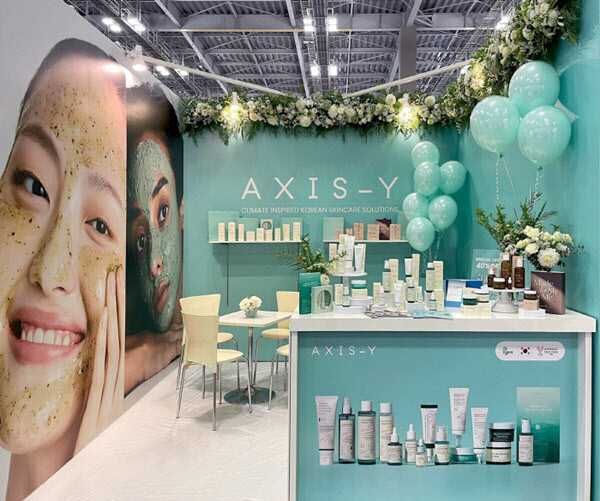
Tokyo, Japan – Korean fashion and beauty brands are experiencing a surge in popularity in Japan, driven by the increasing influence of K-culture, including K-dramas.
According to industry insiders, the recognition and preference for Korean fashion and cosmetics have soared significantly due to the synergistic effect with K-culture content.
Following the end of the COVID-19 pandemic, companies such as Musinsa and CJ OliveYoung have established Japanese subsidiaries and aggressively expanded into the Japanese market.
Hyundai Department Store, for instance, signed a Memorandum of Understanding (MOU) with PARCO, a major Japanese retail group, in April last year to operate pop-up stores featuring K-fashion and entertainment brands. Through its 'The Hyundai Global' initiative, the department store is actively supporting the export of K-brands to Japan.
Shinsegae Department Store has also launched 'Shinsegae Hyperground,' a B2B platform for supporting K-fashion exports. Last year, the company held a pop-up event at Hankyu Umeda Main Store, Osaka's second-largest department store, showcasing 14 K-fashion and accessories brands.
"The response to K-fashion has been overwhelming, with customers lining up even before the opening of our pop-up stores," said an official from a department store. "We will continue to increase the number of experiential events, such as pop-ups that introduce Korean products."
Fashion platform Musinsa established its Japanese subsidiary, 'Musinsa Japan,' in 2021 to facilitate the entry of K-fashion brands into the Japanese market. Last November, Musinsa signed a partnership with Matin Kim to become the exclusive distributor of the brand in Japan. Musinsa plans to open its first Matin Kim store in Tokyo in the first half of this year.
A Musinsa official attributed the popularity of K-fashion in Japan to the improved branding and product quality of Korean brands. "The emergence of fashion platforms has enabled domestic designer brands to secure distribution channels and grow without massive capital," the official said. "The synergy between K-pop, dramas, and K-fashion has been remarkable. With the growing interest in Korean culture among Japanese people in their 20s and 30s and the exposure of Korean fashion trends through social media, the awareness and preference for K-fashion brands have skyrocketed."
CJ OliveYoung has been exporting its private-label cosmetics to Japan to increase consumer touchpoints with K-beauty and foster positive perceptions. The company established a Japanese subsidiary in May last year to localize its operations and marketing.
In the last four years, sales of OliveYoung's private-label brands in Japan have grown by an average of 125% annually.
"Japanese young people perceive the beauty and fashion styles they encounter through K-pop and dramas as stylish and trendy," said an OliveYoung official. "Due to geographical and cultural proximity, Japanese consumers are quick to try brands and products that are popular in Korea."
Since 2022, Korean cosmetics have ranked first in imports to Japan for three consecutive years, surpassing France.
The growing popularity of K-fashion and cosmetics in Japan has also led to the expansion of the "reverse import" market. AliExpress, a Chinese shopping platform, has recently launched its "Global Selling" program to support the sale of Korean products in Japan and other countries, with a focus on the fashion and cosmetics categories. The number of Korean sellers on Qoo10 Japan, an online open market operated by eBay and eBay Japan, has increased by 20% year-on-year as of last month. Korean sellers primarily sell beauty and fashion products in Japan.
[Copyright (c) Global Economic Times. All Rights Reserved.]



























